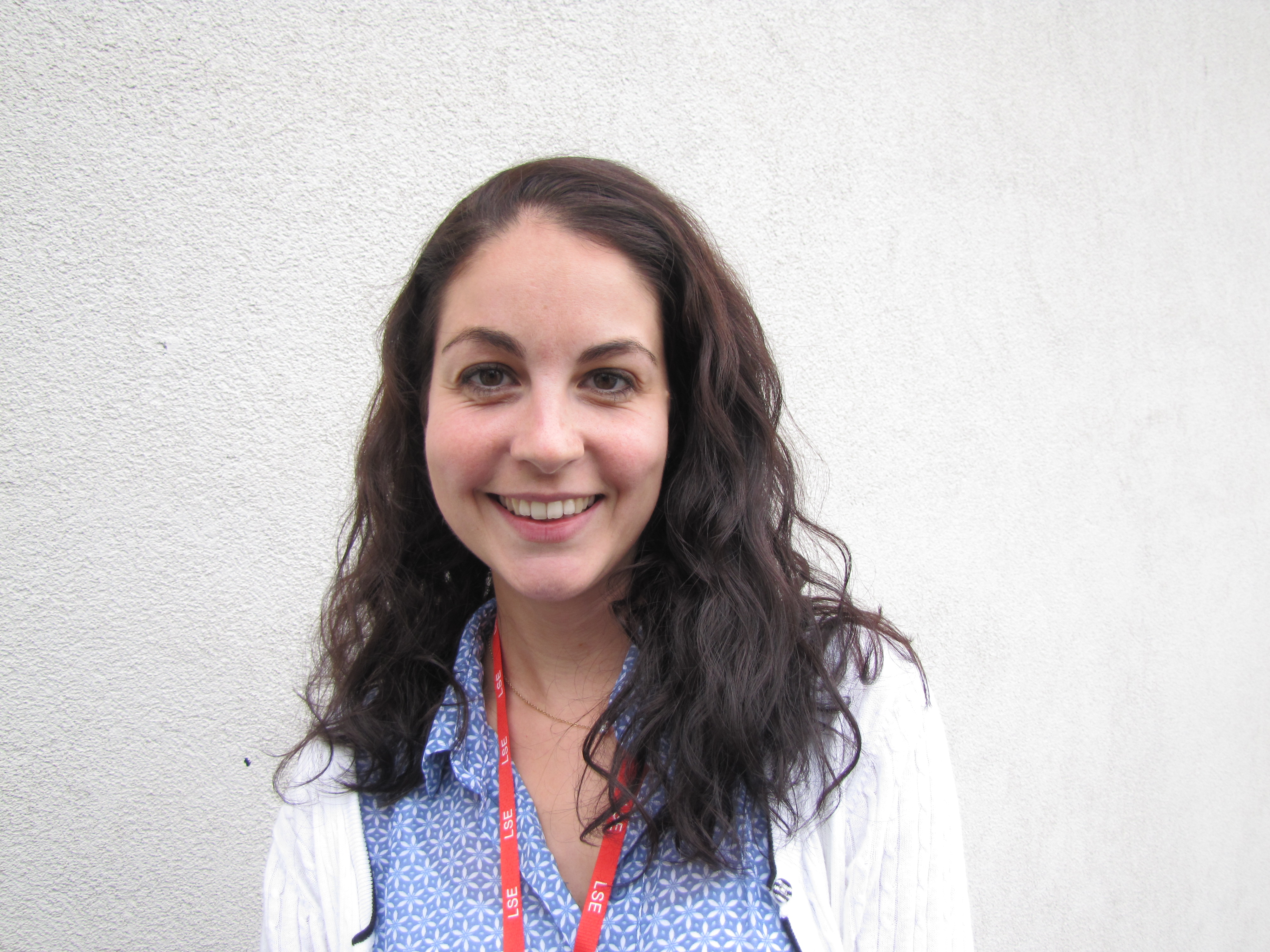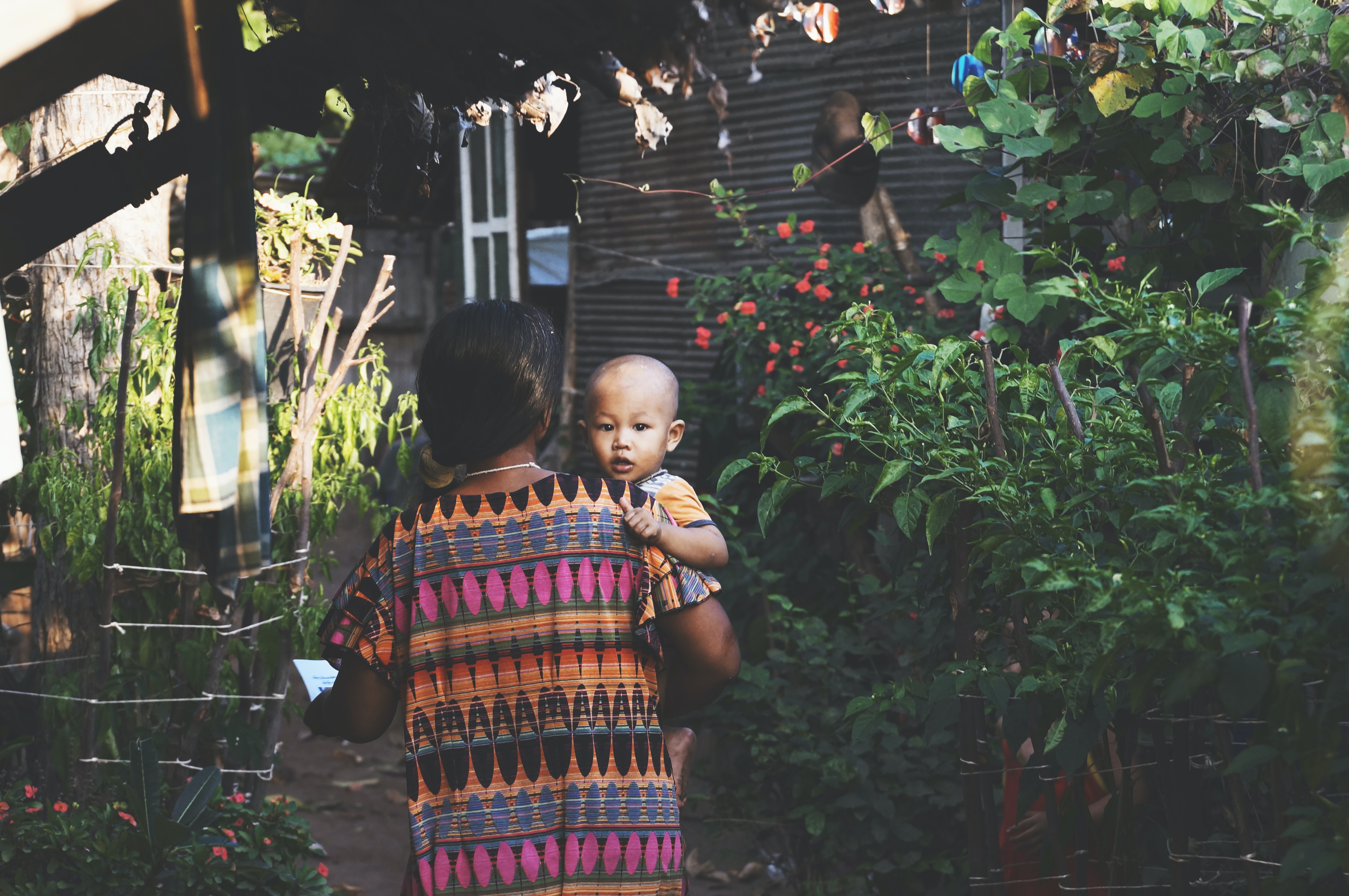MSc International Development and Humanitarian Emergencies student, Srabosti Basu, writes about her team’s consultancy project experience with Save the Children (SC). The project aimed to streamline SC cash and voucher (CVA) assistance by reviewing previous initiatives and identifying recommendations.
As part of the MSc International Development and Humanitarian Emergencies programme, we are required to work on a 6-month consultancy project for a client on a live topic. This is the highlight of the MSc program for many students and their first experience with consultancy work in the humanitarian and development field.
I was allocated to a team with three others; Layal El-Hage, Emily Gean and Claire Calvel. Our client was Save the Children’s Humanitarian team, specifically their Humanitarian Cash and Markets division. Our project aimed to streamline Save the Children’s (SC) cash and voucher (CVA) assistance by reviewing previous initiatives and identifying recommendations. In order to design holistic CVA programs, our client requested research on existing evidence, gaps, best practices and innovative approaches to improve CVA impacts for multi-sectoral outcomes.
During our first few meetings with our coach, Dr Stephanie Levy, it was established that our report should have an analytical perspective. Following discussions with the client, during which we suggested several analytical lenses such as a regional comparison, it was decided that our report should be deductive, meaning an identification of key findings, recommendations and lessons learnt across all the projects. The client shared with us 25 projects, spanning across 17 regions and five regions: Middle East and North Africa, Asia, Eastern and Southern Africa, West and Central Africa, and South America. Our task was essentially to review all the documents and find evidence to answer the research question: how can Save the Children contribute to improved child outcomes through CVA?
One of the many learning points from this project was the value of teamwork and cooperation. Given our distinct backgrounds, at our first meeting we each shared our strengths and weaknesses, and from this we allocated roles. This streamlined a collaborative decision-making process that continued throughout the duration of the project, especially when choosing the content and structure of the report, our sections being: programme design; complementarities and resilience; and sustainability. The freedom surrounding the content of the report enabled us to produce a report that was original and completely our own. Given this and the extensive reading and attention to detail that was required for the project and the formulation of the final report, the process was both demanding and extremely rewarding,.
We were in frequent communication with the client regarding timelines and deliverables, and so another lesson we learnt was managing client expectations. This was especially important given that we were balancing the significant workload of the consultancy alongside our other studies. Whilst the consultancy was a steep and challenging learning curve, we were fortunate to have Qundeel Khatak, Nick Anderson and Mariane Vik from Save the Children to guide and support us.
The final presentation with the client and LSE coach was a refreshing and welcome opportunity to expand upon the report we had become so familiar with. We thoroughly enjoyed the engaging questions from our audience. And whilst we are far from being CVA experts, this consultancy gave us an insightful glimpse into the practicalities of designing and distributing CVA. This project was especially relevant due to the prominence of CVA in current international debates in humanitarianism. Our core development module had touched upon the theoretical literature debating the effectiveness of CVA, as it is not without its sceptics. Likewise, CVA is also a hot topic in economic development modules, given its significance in delivering social assistance in developing countries, both by governments and NGOs. We often judge other types of welfare programmes against the cost and effectiveness of cash transfers. Thus, while we have theoretically touched upon the area, this project served as an illuminating experience into the hitherto “black box” of the practical administration of such programmes.
The following are a selection of recommendations from the final report:
Assistance modality
- Conducting market monitoring before and throughout the delivery of CVA is recommended to capture trends in market functionality (supplies and price development) as well as understand the involved stakeholders’ preferences.
- Flexibility and preparedness to switch the defined assistance modality upon encountering changes in context are needed.
- The selection of modality of assistance should account for differences among areas within the same country.
- Security assessment and risk analysis can be used to define the transfer modality and delivery mechanisms.
Complementarities
- Complementary activities have proven beneficial in CVA programs, highlighting the need for them alongside cash programs, even if it is messaging on budgeting or how to use the cash.
- To ensure the complementary activities are most effective and meet needs, SC should look at the context of the targeted situation, specifically where beneficiaries spend most of their money. Complementary programs, alongside cash, should cover those needs or provide education and messaging on them.
Resilience and Sustainability
- Ex-post evaluations can be valuable tools to gauge the long-term impacts of various programs. They are needed if one of the objectives is durability.
- Durability is both important for the beneficiaries and cost-effective in the long term and should hence be a clear objective in the design of projects, when possible.
- Complementary activities, such as messaging on cash use, can have a sizeable impact on resilience and could hence be favored.
- In-kind assistance such as seeds should be provided with careful attention to local conditions and needs.
- Increase reporting on gendered outcomes, especially in final evaluations, and set more explicit gender-related objectives.
_____
Bios and LinkedIn handles:
Srabosti Basu (author) is an MSc International Development and Humanitarian Emergencies student specialising in Applied Development Economics. She entered the masters straight after completing her undergraduate degree in Politics and Economics, also from the LSE. LinkedIn.
Layal El-Hage has 5 years of work experience in the humanitarian field in Lebanon, specifically in the food security and livelihood sector in response to the Syrian crisis and Beirut 2020 explosion. She also has a background in civil engineering. LinkedIn.
Emily Gean has a background in political science and international studies. After completing her undergraduate degree, she moved to the border of Colombia and Venezuela. Here, she distributed aid to Venezuelan refugees crossing into Colombia. LinkedIn.
Claire Calvel holds a master’s degree in public policies and development. She is especially interested in global health issues and the evaluation of the impact of development and humanitarian programs. She has a background in economics and human sciences. LinkedIn.
The views expressed in this post are those of the author and do not reflect those of the International Development LSE blog or the London School of Economics and Political Science.
Image Credit: UNICEF Guinea via Flickr.





